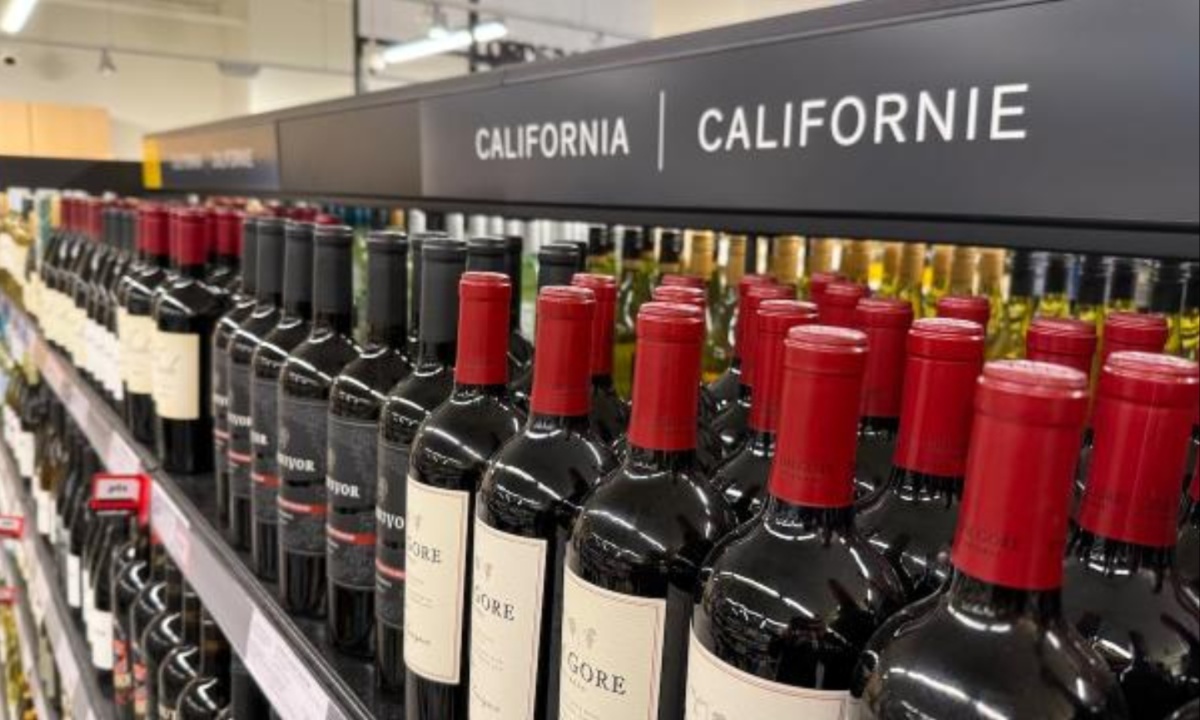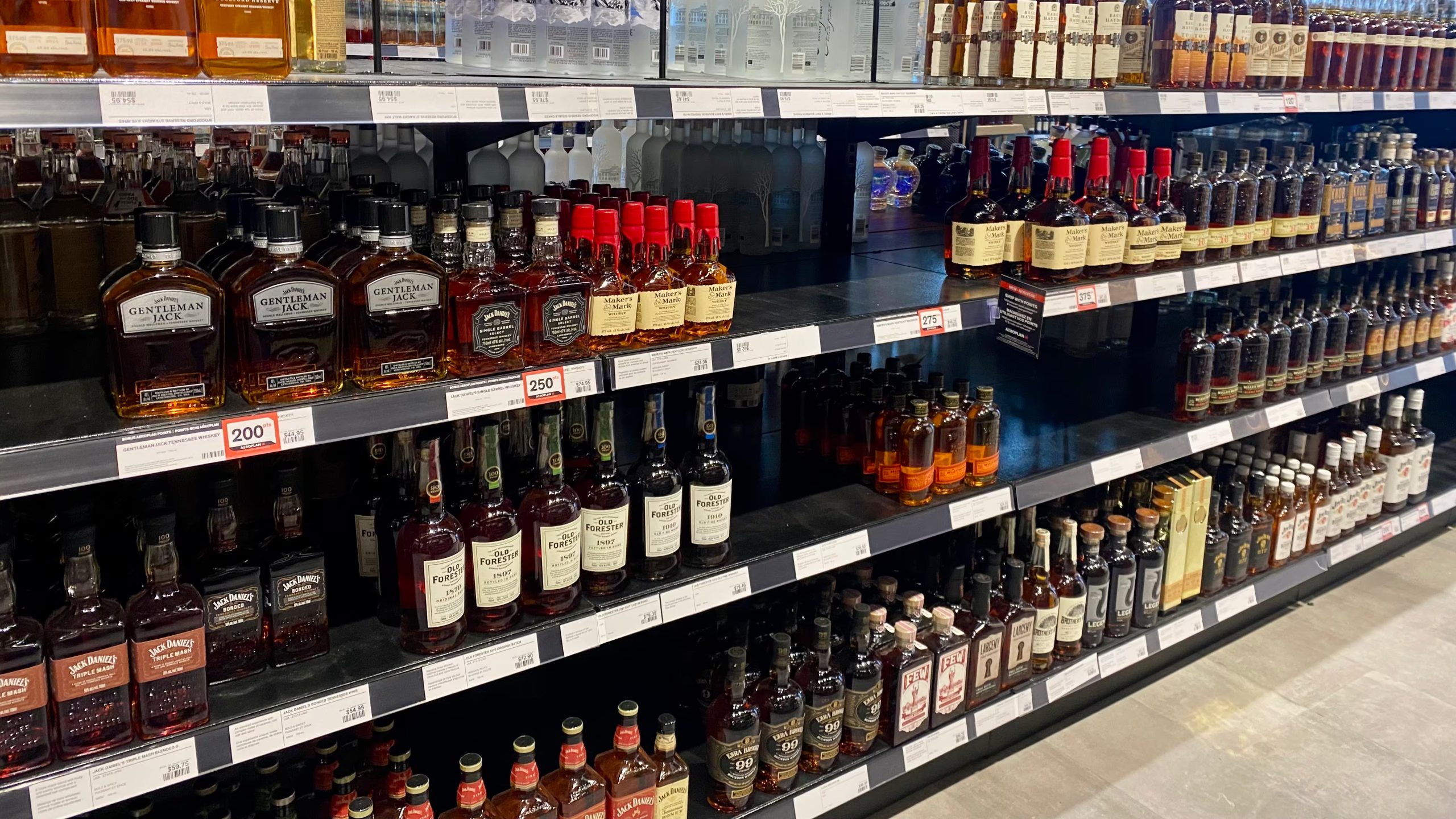US winemakers faced uncertainty when Ontario Premier Doug Ford threatened to remove all US alcoholic beverages from LCBO shelves in retaliation for former President Donald Trump’s tariff threats.
However, a last-minute agreement between Trump and Canadian Prime Minister Justin Trudeau led to a 30-day pause on tariffs, prompting Ford to halt his planned boycott. Despite this temporary relief, tensions between the two nations remain high, with economic analysts warning that the trade war is far from over.
Ford’s Limited Authority and Retaliatory Measures
Since trade policy is under federal jurisdiction in Canada, Ford has limited power to retaliate directly against Trump’s tariffs. However, as Ontario’s premier, he governs a province heavily impacted by trade disputes. Ford’s proposed LCBO boycott was a key move, as alcohol sales fell under provincial control.
Additionally, he attempted to terminate a $100 million contract with Elon Musk’s Starlink, though that decision has also been postponed. These actions highlight Ford’s efforts to push back against US economic pressure within the scope of his authority.

From an economic perspective, Ford’s boycott would have been largely symbolic. Even if other provinces like Manitoba and Nova Scotia joined in, Canadian purchases of US wine account for only 1.1% of US wine production. While smaller vineyards that rely on Canadian sales could suffer, the overall US wine industry would likely withstand the impact. Moreover, wine represents just 0.1% of all US exports to Canada, making it an ineffective tool in trade negotiations.
Political Motivations Behind Ford’s Stance
Ford’s tough stance on US alcohol aligns with his political strategy, portraying him as a strong defender of Canadian interests. Many Canadians view a boycott of US products as a symbolic rejection of Trump’s economic policies. If tariffs are reinstated, Ford is expected to resume the LCBO boycott, not just as a retaliatory measure but as a political statement.
While Canadian consumers may initially notice the absence of US wines, alternative suppliers from France, Spain, Greece, Chile, Argentina, South Africa, and Australia are ready to fill the gap.
Beyond the immediate dispute, the tensions have fueled Canada’s ‘buy local’ movement. The Ontario government is encouraging consumers to support domestic wineries and distilleries, a shift that aligns with broader trends in economic nationalism.
Over the past eight years, the US share of Canada’s wine market has been steadily declining, and this conflict has only accelerated that trend. Even though the crisis is temporarily paused, US winemakers remain in a precarious position with no clear resolution in sight.


